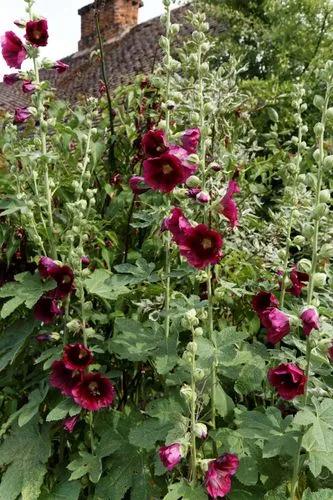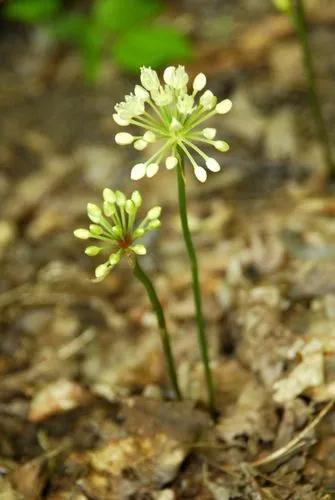Aristolochia littoralis is a climbing vine that can reach about 3–4.5 metres (9.8–14.8 ft) in length. The slender stems are woody and the leaves are bright green, cordate, amplexicaul, 7–9 centimetres (2.8–3.5 in) long and 5–10 centimetres (2.0–3.9 in) wide, forming a dense attractive foliage.
Aristolochia Littoralis Care
Aristolochia Littoralis



How to Care for the Plant

Water

Water the calico plant sparingly to keep it hydrated and healthy. Although they have no special needs when it comes to water, too much can hurt the plants. Using your fingers, gently press the soil surrounding the plant to assess its moisture level. If the soil feels dry, give the plant a modest sprinkling of water.

Pruning

To manage the size of the plant, trim it back in the fall after the flowers come and go.

Fertilizer

Apply fertilizer to keep the calico flowers healthy and offer the growing plants support. Applied every two to three weeks, a basic liquid fertilizer infuses the plant's soil with nutrients, keeping it in top condition. Granular fertilizer can be used once a month, although it requires the addition of water to be effective. As the calico flower vines grow, attach them to stakes or a fence to provide needed support.

Sunlight

Full Sun.

Soil

Avoid dry soils.

Temperature

Cultivation. This subtropical plant requires a minimum temperature of 7 °C, and in temperate regions is grown under glass.

Additional

Herbal preparations have been used for various ailments and to ease the pain of childbirth, however these plants are highly toxic. The flowers of this plant produce an odor similar to that of rotting meat. The odor attracts flies where they pollinate the flower and lay their eggs. Aristolochia littoralis, commonly called calico flower, is a tropical twining evergreen vine that produces unusual flowers, each of which resembles a dutchman's pipe suspended on a thin stalk.

Popularity

171 people already have this plant 19 people have added this plant to their wishlists
Discover more plants with the list below
Popular articles






